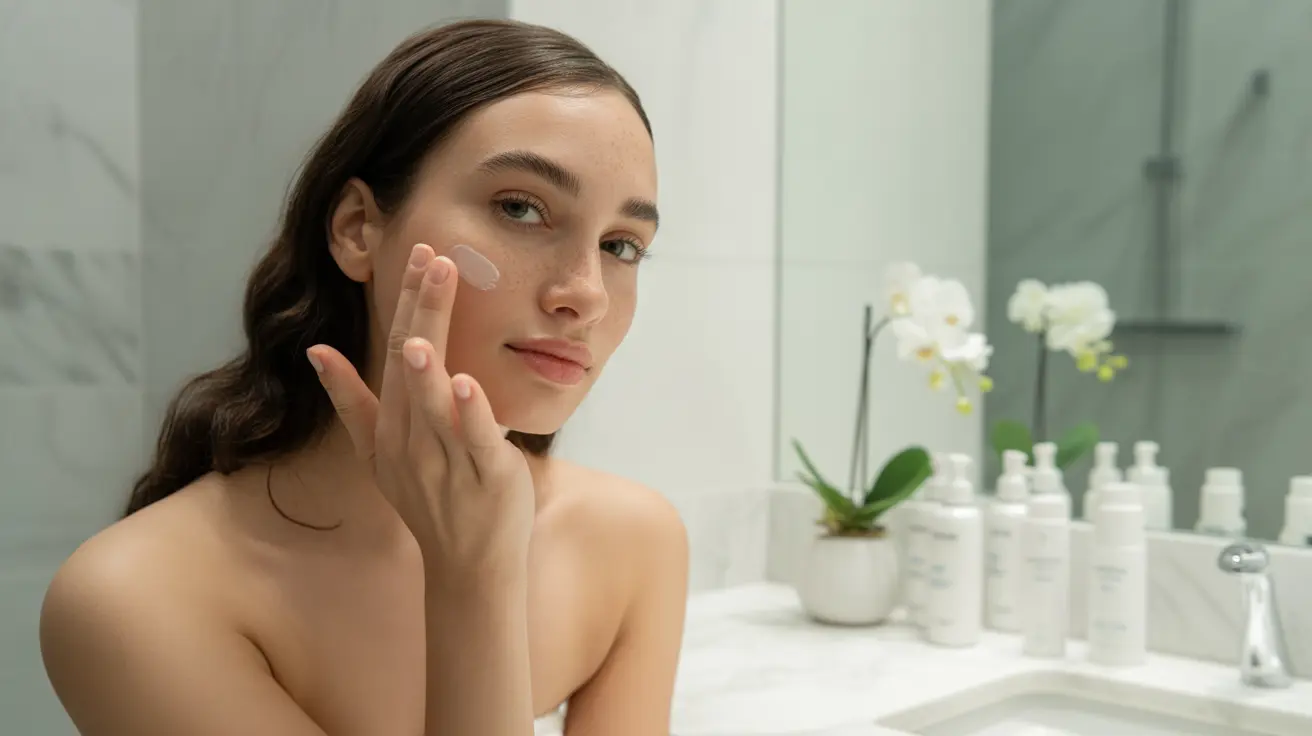Establishing an effective face care routine is essential for maintaining healthy, radiant skin. Whether you're a skincare novice or looking to optimize your current regimen, understanding proven face care techniques can help you achieve your skin health goals. This comprehensive guide will walk you through the fundamentals of a results-driven skincare routine.
Understanding the Basics of Face Care
A successful skincare routine begins with understanding your skin type and its specific needs. Different skin types—oily, dry, combination, or sensitive—require tailored approaches to achieve optimal results. By following proven face care methods, you can address your unique skin concerns while maintaining your skin's natural balance.
Essential Steps in a Daily Skincare Routine
Morning Routine Components
Your morning skincare routine sets the foundation for protecting your skin throughout the day. Start with a gentle cleanser to remove overnight buildup, followed by a hydrating toner if needed. Apply any treatment serums, then lock in moisture with a suitable day cream. Finally, never skip broad-spectrum sunscreen with at least SPF 30.
Evening Routine Elements
Nighttime is when your skin repairs and regenerates. Begin by thoroughly removing makeup and daily impurities with an appropriate cleanser. This is also the ideal time to apply active ingredients like retinoids or peptides, followed by a nourishing night cream to support your skin's natural renewal process.
The Role of Exfoliation in Skin Health
Proper exfoliation is crucial for maintaining healthy skin, but it's important not to overdo it. For most skin types, exfoliating 2-3 times per week is sufficient. Choose between chemical exfoliants (like AHAs or BHAs) or gentle physical scrubs based on your skin's sensitivity level.
Natural Skincare Ingredients and Their Benefits
Many natural ingredients offer powerful skincare benefits when used correctly. Aloe vera provides soothing and healing properties, while jojoba oil closely mimics the skin's natural oils, making it excellent for balance. Other beneficial natural ingredients include green tea extract for antioxidant protection and honey for its antimicrobial properties.
Choosing the Right Moisturizer
Selecting an appropriate moisturizer is crucial for skin health. For oily skin, opt for lightweight, non-comedogenic formulas. Dry skin benefits from richer creams with ingredients like hyaluronic acid and ceramides. Those with combination skin might need different products for different areas of the face.
Frequently Asked Questions
What are the basic steps in a proven face care routine?
A basic face care routine should include cleansing, toning (optional), treating with targeted serums, moisturizing, and sun protection during the day. Begin with the lightest products and work your way up to heavier creams, always applying sunscreen as your final morning step.
How often should I exfoliate my face for optimal results without causing irritation?
Most skin types benefit from exfoliating 2-3 times per week. Start with once weekly and gradually increase frequency while monitoring your skin's response. Reduce frequency if you notice any irritation or sensitivity.
Are natural skincare options like aloe vera and jojoba oil effective for treating acne-prone skin?
Yes, certain natural ingredients can be effective for acne-prone skin. Aloe vera has anti-inflammatory properties that can help calm breakouts, while jojoba oil can help regulate oil production. However, it's important to patch test any new product and introduce them gradually into your routine.
What are some key differences between a daytime and nighttime skincare routine?
Daytime routines focus on protection with lightweight products and sunscreen, while nighttime routines emphasize repair and renewal with heavier moisturizers and active ingredients like retinoids. Nighttime is also when you should perform more intensive treatments.
How can I choose the right moisturizer for my skin type to prevent dryness and enhance hydration?
Consider your skin type and specific concerns when selecting a moisturizer. Look for non-comedogenic formulas for oily skin, ceramides and hyaluronic acid for dry skin, and gel-based moisturizers for combination skin. Pay attention to how your skin responds and adjust accordingly.




